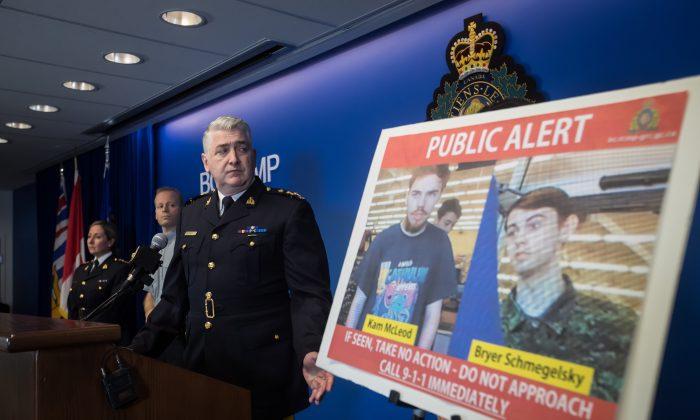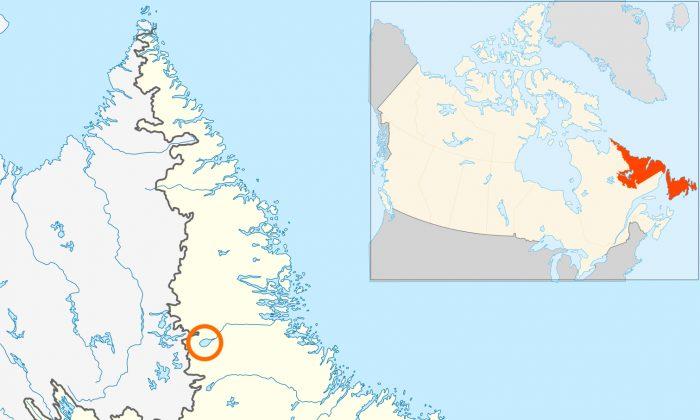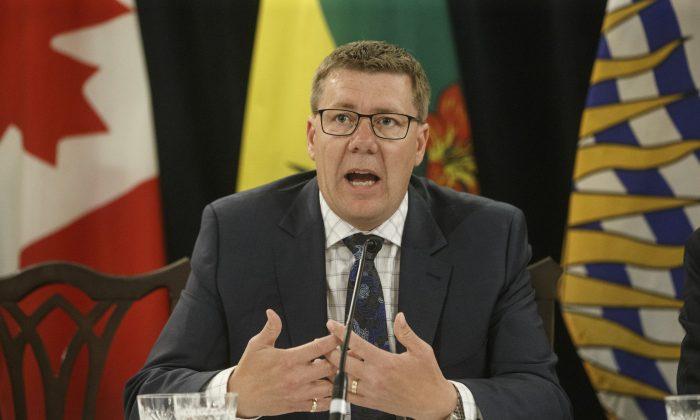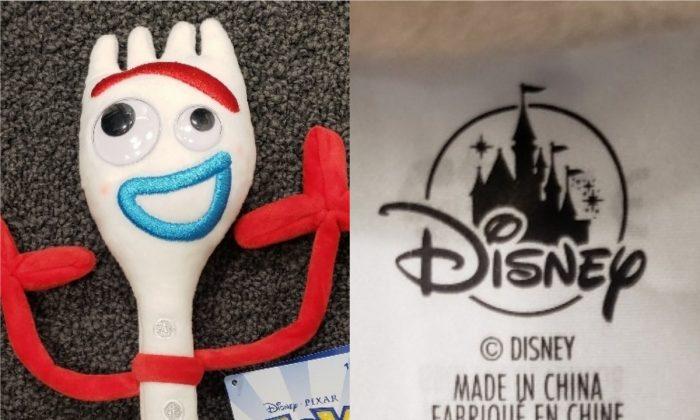Canada has said it plans to bring back containers filled with trash that have been sitting for years in a port in the Philippines, after President Rodrigo Duterte threatened to sail them back himself.
“Canada values its deep and longstanding relationship with the Philippines and has been working closely with Filipino authorities to find a solution that is mutually acceptable,” Environment Minister Catherine McKenna said.
The announcement came hours after presidential spokesperson Salvador Panelo said the Philippines was done waiting, and the government was looking for its own private shipping company to send the containers back to Canada, according to the Philippines News Agency.
“If Canada will not accept their trash, we will leave the same within its territorial waters or 12 nautical miles out to sea from the baseline of any of their country’s shores,” Panelo said.
The containers—103 of which were deposited in the Philippines in 2013 and 2014 by a private Canadian shipping company—were labeled as recyclable plastics but instead contained garbage including household waste, metal, plastic, and paper. Although 34 of the containers were disposed of, the others were left in Manila while the governments of the two countries disagreed on how the issue should be handled.
The Philippines has demanded that Canada take back the containers ever since it was discovered that they contained waste. While the export of mixed trash was allowed by Canada at the time, the Philippines prohibited the import of recyclables and household waste mixed together.
In 2016, a Philippines court ordered the original shipping company to return the containers to Canada at its own expense, but the company failed to do so.
The same year, Canada amended its laws so that future exports of waste controlled and prohibited in other countries would require a permit. This means that shipments like those to the Philippines in 2013 and 2014 would be prohibited today. However, it didn’t require that Canada take back its trash.
For years, Canada looked for other ways to resolve the dilemma rather than take back the containers, but no other country was willing to take the trash. In 2018, Canada and the Philippines formed a working group to find a solution to the issue but nothing was resolved.
When Canadian Prime Minister Justin Trudeau was asked about the issue during a visit to the Philippines in 2017, he said Canada was working on a solution and that it was “theoretically” possible to take the trash back, according to The Canadian Press.
It wasn’t until President Rodrigo Duterte set a May 15 deadline for Canada to take action regarding the containers, threatening to sail to Canada and return them himself, that Ottawa agreed to take responsibility for the containers and have them brought back.
“I want a boat prepared. I'll give a warning to Canada maybe next week that they better pull that thing out or I will set sail to Canada and dump the trash there,” Duterte said in April, according to Philippine News Agency.
On May 10, Ottawa started looking for a private shipping company that could bring the containers back, but missed the May 15 deadline. On May 16, the Philippines recalled its envoys to Canada—including its ambassador—over the issue, with the foreign secretary saying the country would maintain a diminished diplomatic presence in Canada until the issue was resolved.
The Canadian government said it will cover the costs associated with the preparation, transfer, shipment, and disposal of the containers of waste, and that it aims to safely dispose of the waste by the end of summer.






Friends Read Free